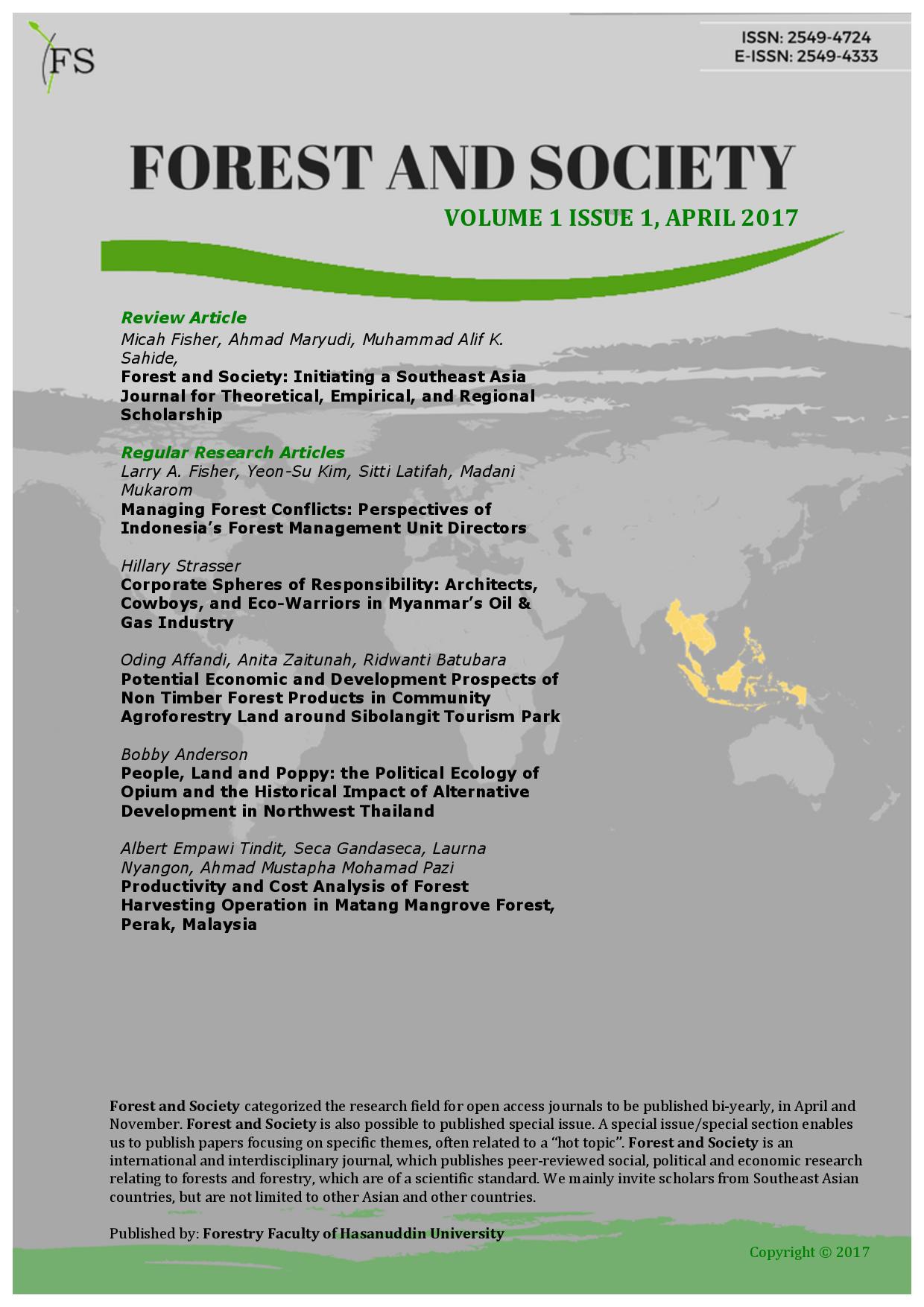Value-chain collaboration (VCC) aims to increase smallholder productivity and market integration. Higher productivity, better incomes and innovations have been documented, but also exclusionary trends and loss of biological and dietary diversity. New forms of VCC ‘beyond the chain' hope to tackle this through collaboration with non-chain actors. Drawing on territorially embedded VCC, food sovereignty and landscape governance theories, this article presents a conceptual framework to analyse whether and how inclusive VCC, greater farmer autonomy and sustainable landscapes can be achieved. Key elements of our approach are knowledge of smallholders' various livelihood trajectories and selective value-chain engagement; multi-stakeholder definition of the sustainability choice space; and smallholder inclusion in adaptive learning and empowerment processes that bring together and integrate different and oft-competing knowledge systems and governance levels. This approach will support further action research in learning platforms in Ghana and South Africa. The article discusses the link with the broader inclusive development debate.
Download:
DOI:
https://doi.org/10.1057/ejdr.2015.50
Altmetric score:
Dimensions Citation Count:

























